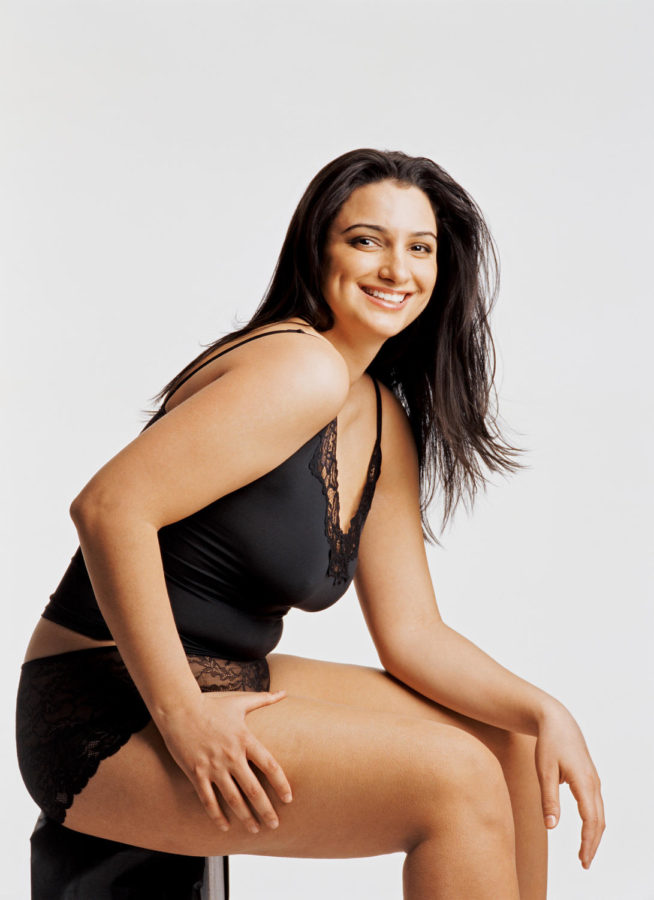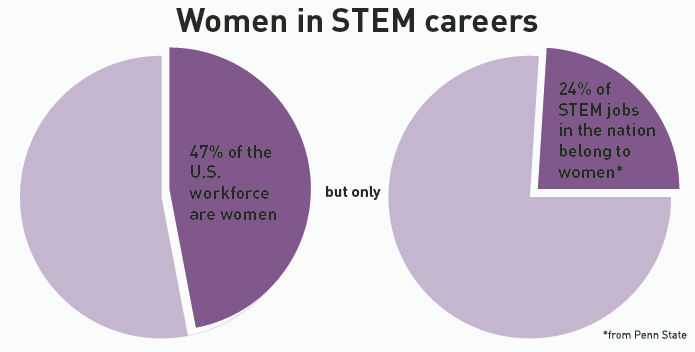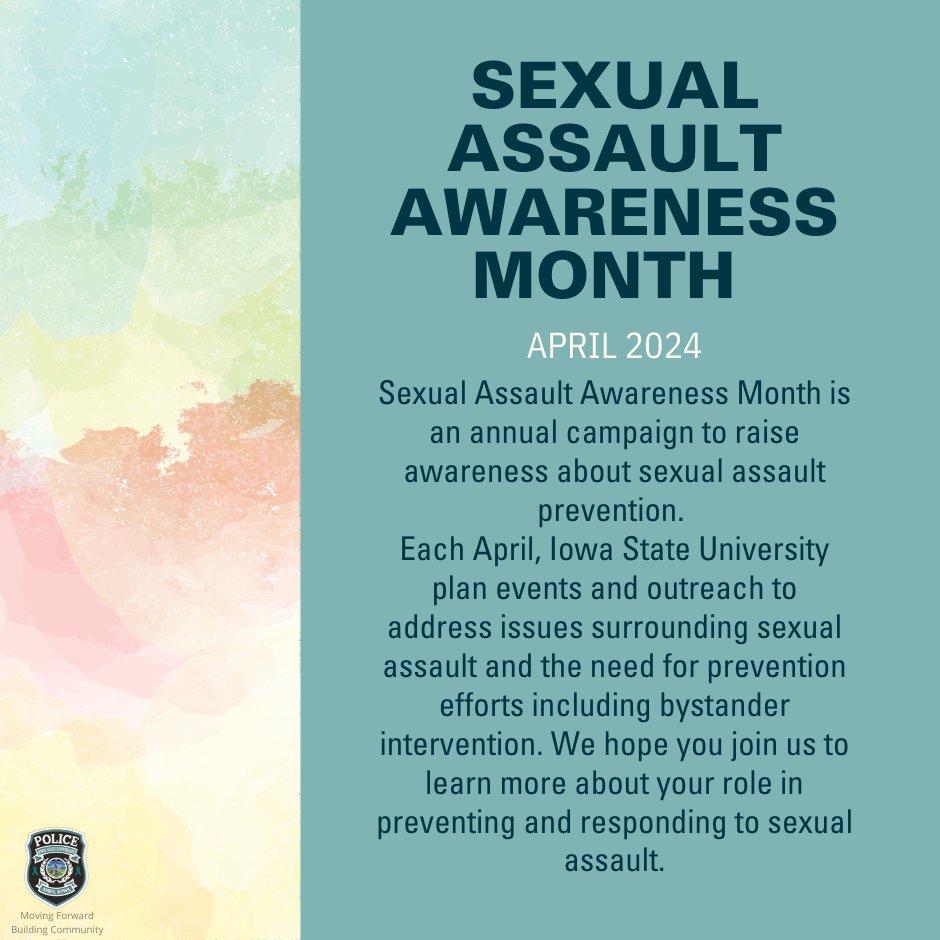Kruzic: Victoria’s Secret should take advantage of the opportunity to empower women
Columnist Kruzic believes Victoria’s Secret could benefit from displaying murals of all body types in its advertisements.
April 25, 2011
It’s almost the end of April, which, for students, means walking to the bars is a little less frigid, VEISHEA week has come and gone and the spring shopping season has begun. Coincidentally, April also happens to be Sexual Assault Awareness month — something we should all keep in mind when gearing up for the above.
Severely lacking in warm-weather clothing and wanting to prepare myself for VEISHEA weekend, I took a trip to the mall to stock up on some spring attire to wear out. Though normally not a Victoria’s Secret fan for multiple reasons — some of which I’ve previously shared in this newspaper — I had some gift cards, so I figured I’d use them. Being a broke college student, I couldn’t possibly pass up $40 worth of free underwear.
Immediately after entering the store, I felt a little uncomfortable with myself. Above nearly every product display, there were large photos or murals of mostly nude women — none of which I looked even remotely similar to. They had unnaturally perky breasts, thighs that didn’t come within inches of each other, hip bones sticking out and waists with similar circumference as their heads — often with the word, “sexy” below or above the photo. Yeah, I was aware Victoria’s Secret wasn’t exactly a paradise for a “feminist” such as my self, but I stuck it out and headed toward the underwear.
I came across one pair of underwear that was particularly disturbing. Written across the crotch of the underwear was the phrase, “YES. NO. MAYBE.” The particularly shocking part of this was that this underwear was a part of Victoria’s Secret Pink — their line of underwear, clothing and accessories that is clearly aimed at a younger audience.
What does this say to young women and men? To me, it’s supporting the idea that “no” is a temporary answer — that it isn’t a definite answer to be taken seriously. It’s supporting the belief that when a sexual partner says no, they are only kidding, they don’t mean it, you can convince them otherwise, they actually really want to, they just need to be shown they want to, etc.
It is supporting the idea that when someone says no, it’s a game; they don’t really mean it. I have 12-year-old cousins who wear Pink. Disturbing? Yes.
Stores such as Victoria’s Secret have an unusual opportunity to sexually empower women. Because they are a mainstream lingerie store typically located in malls, women feel comfortable shopping at their stores. They don’t have the typical negative connotations attached to them like sex toy shops, kinky apparel stores or pornography emporiums do. It’s disappointing that Victoria’s Secret doesn’t take advantage of this. The atmosphere makes you feel poorly about your own body, encourages you to conform to feminine sexual stereotype ideals of the “sexy angel” and questions consent.
Victoria’s Secret could easily offer an environment to women and their partners conducive to sexual freedom and empowerment. The problem, however, is that they don’t do it. If their goal is to get women in the mood to buy their products, why not make women feel sexy and empowered in the bodies they’ve got?
Instead of displaying murals of one body type, why not have murals of confident, empowered women of all body types in their products? I know I’d want to buy more lingerie if I saw photos of women who had a similar body type as my own looking comfortable and sexy in the product.
Instead of offering only the “sexy angel” stereotype of lingerie, why not have a little variety? Not every woman feels sexy by putting on that persona. Maybe I feel sexually empowered in attire such as a black garter belt complete with chains. Maybe I’m in the mood to wear neon pink crotchless underwear and a mini skirt. Maybe I get turned on at the sight of myself in simple cotton underwear. Maybe I, and the majority of women out there, don’t always feel confident and sexually empowered by playing that same role of “sexy angel” time after time. If attire was offered outside of what is typically offered at stores such as Victoria’s Secret and department stores, women could feel more comfortable finding out what truly makes them feel comfortable and sexually liberated in their own skin.
In addition, why doesn’t Victoria’s Secret offer self-love accessories for women? Since they are already offering some attire clearly marketed for sexual encounters, it doesn’t seem incredibly far-fetched to also provide an accessible, woman-friendly place to buy personal massagers, vibrators, dildos and similar products.
Victoria’s Secret and similar mainstream stores have the opportunity to sexually empower their customers. They have the ability to make sexual pleasure something to be reveled, valued and shame-free. They have the ability to “mainstream” female sexual pleasure — and to profit from it.
Instead of questioning consent and making the very women purchasing their products feel like dirt in their own skin, why not encourage healthy, consensual, fully pleasurable sex?

















